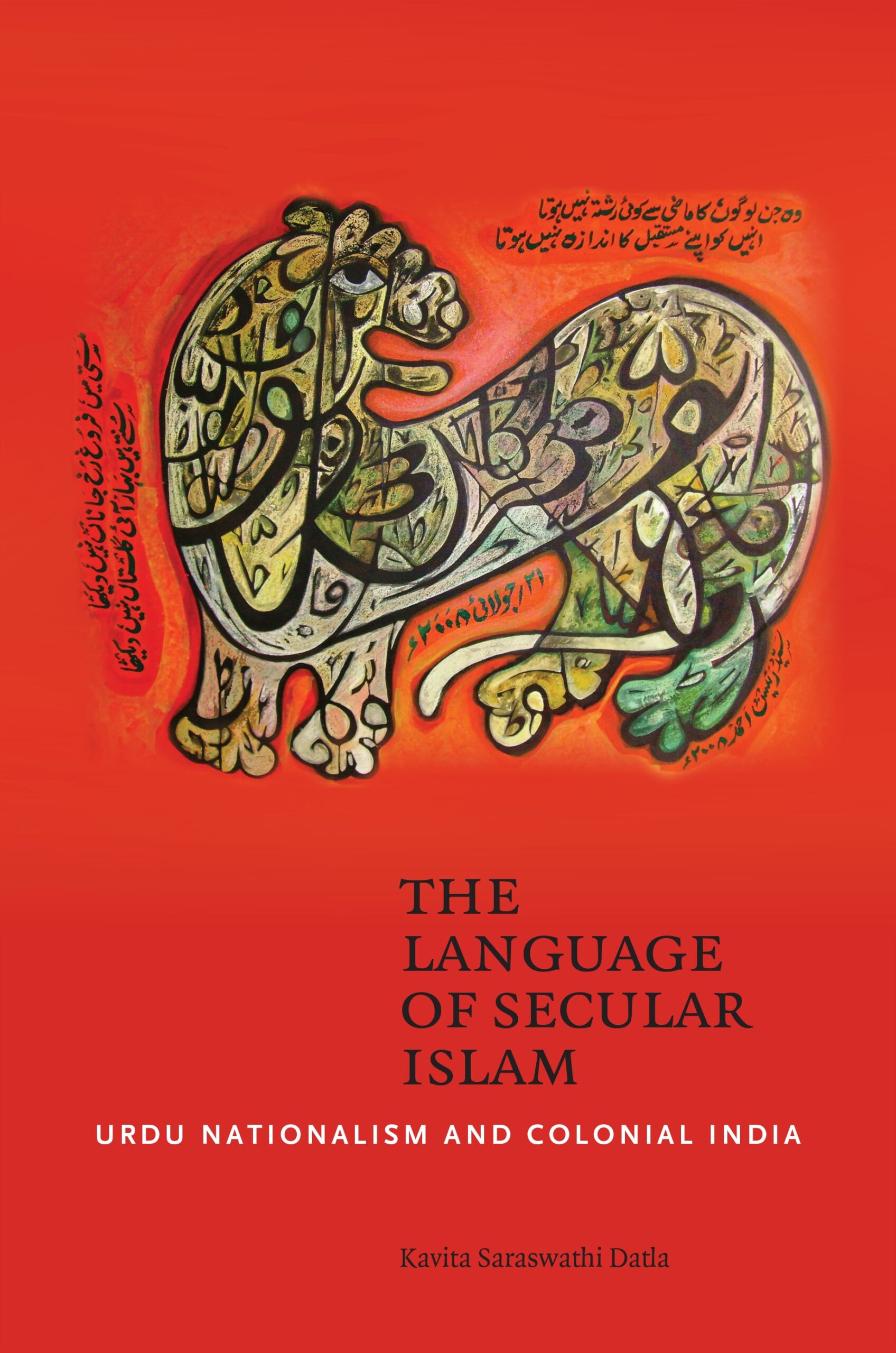The Language of Secular Islam: Urdu Nationalism and Colonial India
- About the Book
-
During the turbulent period prior to colonial India’s partition and independence, Muslim intellectuals in Hyderabad sought to secularize and reformulate their linguistic, historical, religious, and literary traditions for the sake of a newly conceived national public. Responding to the model of secular education introduced to South Asia by the British, Indian academics launched a spirited debate about the reform of Islamic education, the importance of education in the spoken languages of the country, the shape of Urdu and its past, and the significance of the histories of Islam and India for their present.
The Language of Secular Islam pursues an alternative account of the political disagreements between Hindus and Muslims in South Asia, conflicts too often described as the product of primordial and unchanging attachments to religion. The author suggests that the political struggles of India in the 1930s, the very decade in which the demand for Pakistan began to be articulated, should not be understood as the product of an inadequate or incomplete secularism, but as the clashing of competing secular agendas. Her work explores negotiations over language, education, and religion at Osmania University, the first university in India to use a modern Indian language (Urdu) as its medium of instruction, and sheds light on questions of colonial displacement and national belonging.
Grounded in close attention to historical evidence, The Language of Secular Islam has broad ramifications for some of the most difficult issues currently debated in the humanities and social sciences: the significance and legacies of European colonialism, the inclusions and exclusions enacted by nationalist projects, the place of minorities in the forging of nationalism, and the relationship between religion and modern politics. It will be of interest to historians of colonial India, scholars of Islam, and anyone who follows the politics of Urdu.
- About the Author(s)
-
Kavita Datla, Author
At the time of her death, Kavita Datla was assistant professor of history at Mount Holyoke College, Massachusetts, USA.
- Reviews and Endorsements
-
“This is a brilliantly innovative book that offers provocative insights into South Asian history, the workings of colonialism, and the interface of linguistic and religious identities in India’s premier princely state of Hyderabad. The author marshals an impressive range of sources to make a significant intervention in the field of Islamicate learning, moving beyond the much-discussed madrasa mode of education to document the birth and growth of India’s first vernacular public university.” —Syed Akbar Hyder, University of Texas at Austin
“The history that unfolds in this book is one of Muslim engagement with nationalism and secularism rather than a history of Muslim separatism. It provides the grounds for a novel reevaluation of conventional understandings of Muslim politics in late colonial India. Kavita Datla’s carefully researched work is an important contribution to the field of Islam and Muslims in South Asia.” —Farina Mir, University of Michigan
“This book is a refreshing contribution to the scholarship on Muslim politics, nationalism, and language in late colonial India.” – Chitralekha Zutshi, College of William and Mary <p> “By tracing the history of secular Urdu nationalism, Datla provides a fascinating glimpse into an alternative imagining of Indian nationalism that, while eventually marginalized, complicates prevailing narratives about Urdu and Indian Muslims in South Asian historiography.” – <i>The American Journal of Islamic Social Sciences</i> (32:1) <p> “The book provides valuable context for understanding how language, colonialism, and identity are related in India and emphasizes the heterogeneity of Indian Islam. Accessibly written, the book … would be invaluable for anyone interested in language politics in India or, more generally, in understanding the diversity of Islam around the world. Highly recommended.” –<i>CHOICE</I> (50:11, 2013) <p> “Kavita Datla has written a wide-ranging and eminently readable account of the politics of Urdu-language education in the princely state of Hyderabad in the early twentieth century.” – <i>The Journal of Asian Studies</I> (72:4, 2013) <p> “Fresh and timely, Kavita Datla’s study enriches our understanding of the historical contribution of the role of Muslim intellectuals’ secular contributions to Indian nationalism.” – Sarah Waheed, Davidson College <p> “By effortlessly weaving together a close reading of previously unexplored primary texts with nuances historiographical analysis of the colonial context, Datla presents an intellectually rich and exciting examination of modern Indian Muslim understandings of and engagements with the question of nationalism. This book will be of great interest and benefit to scholars and students of modern Islam, nationalism, South Asia, and Muslim education.” – Sherali Tareen, Franklin and Marshall College <p> “<i>The Language of Secular Islam</i> is a rich and detailed study with an important thesis about Muslim political imaginaries for India at a time when such ideas are far from the mainstream of public opinion.” –<i>Situation</i>(2.1)
—https://www.uhawaiipress.com/p-8940-9780824836092.aspx
- Supporting Resources
-





